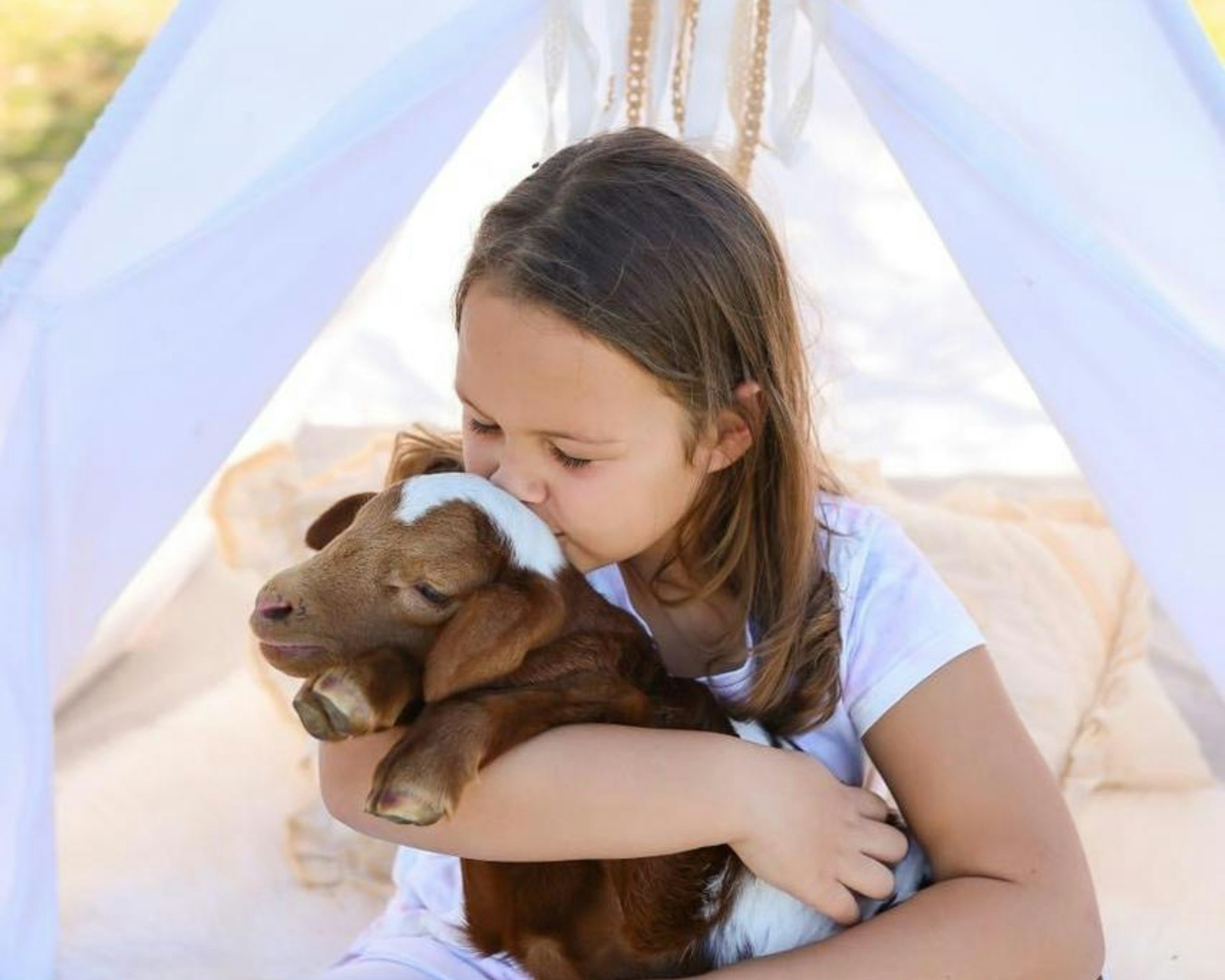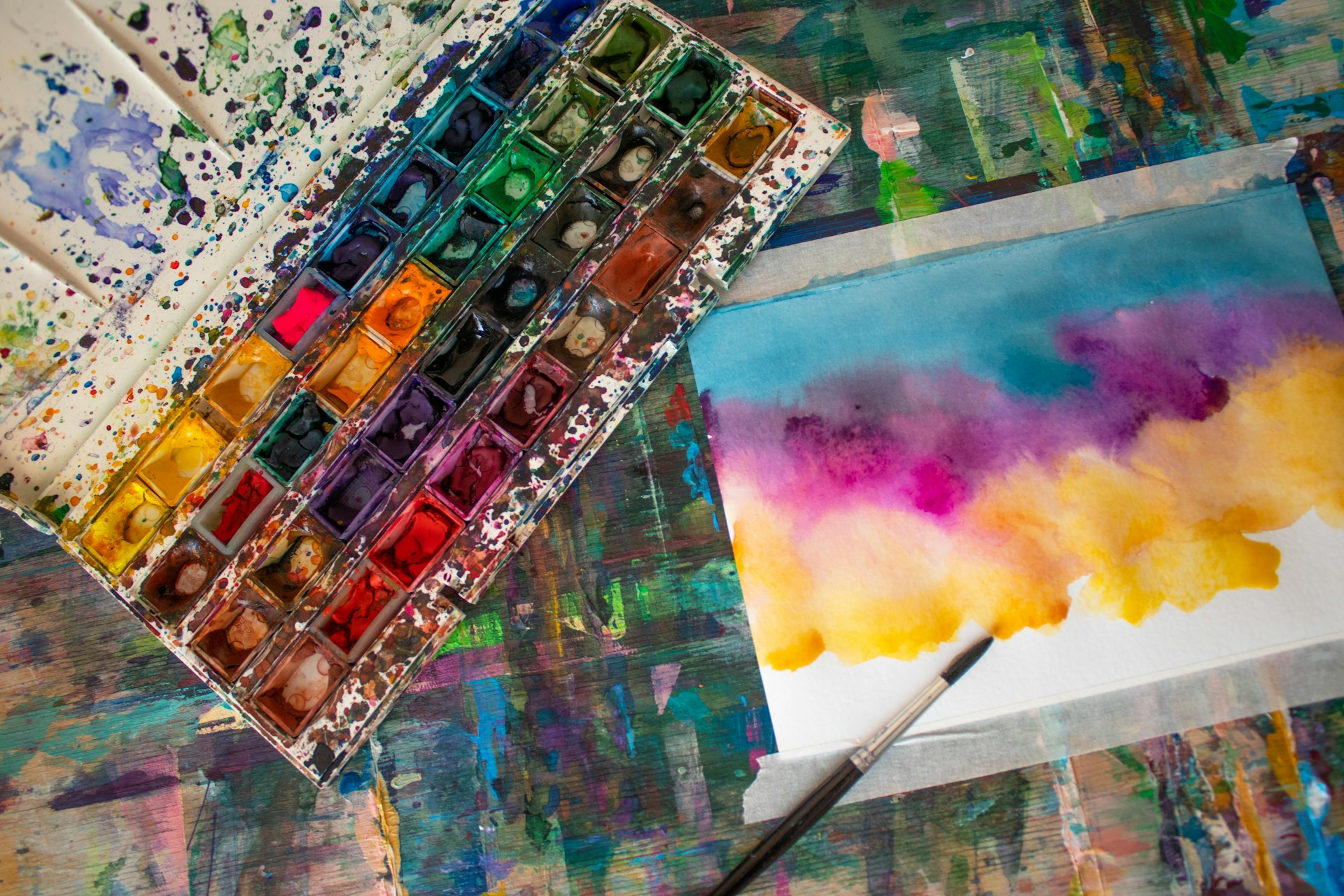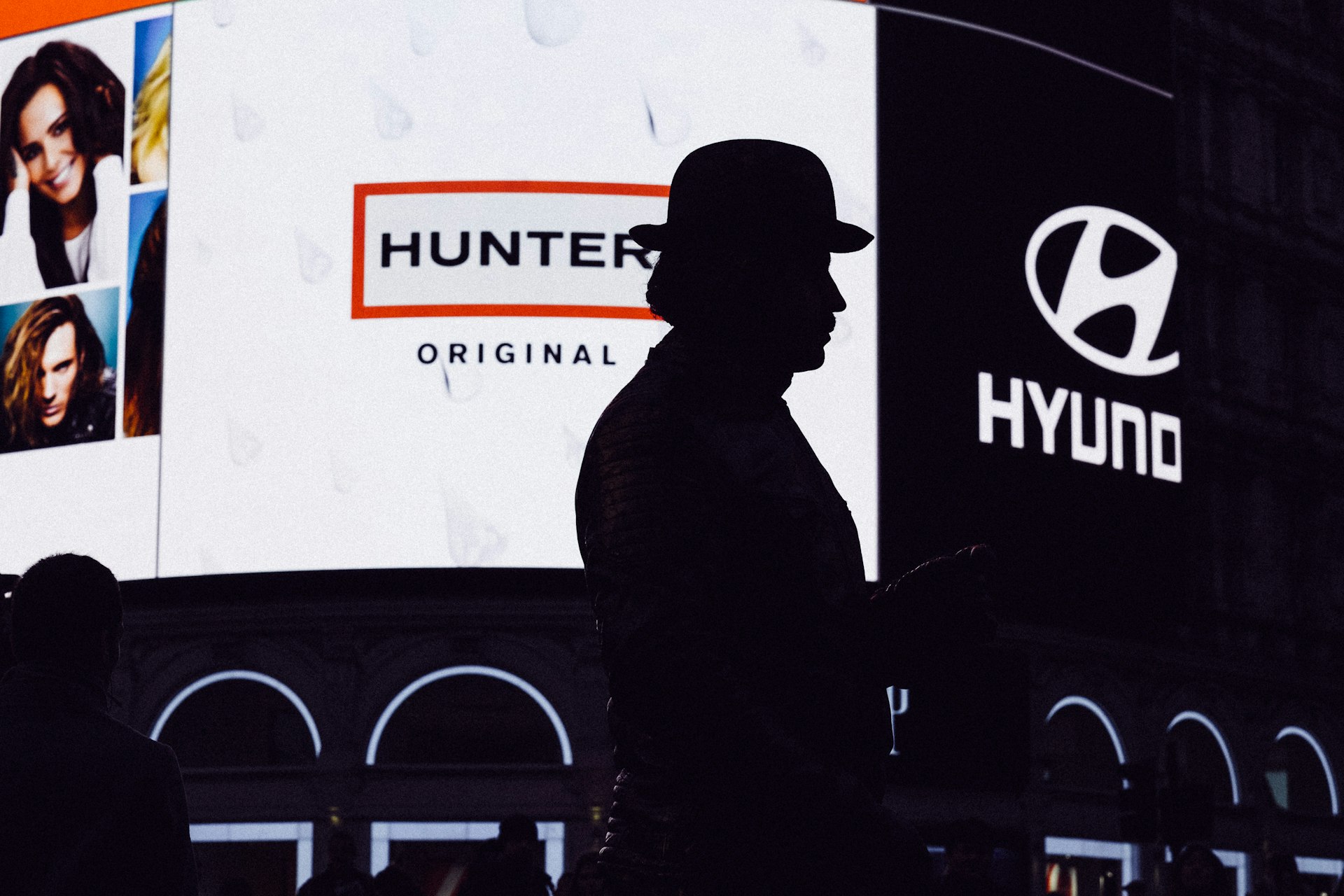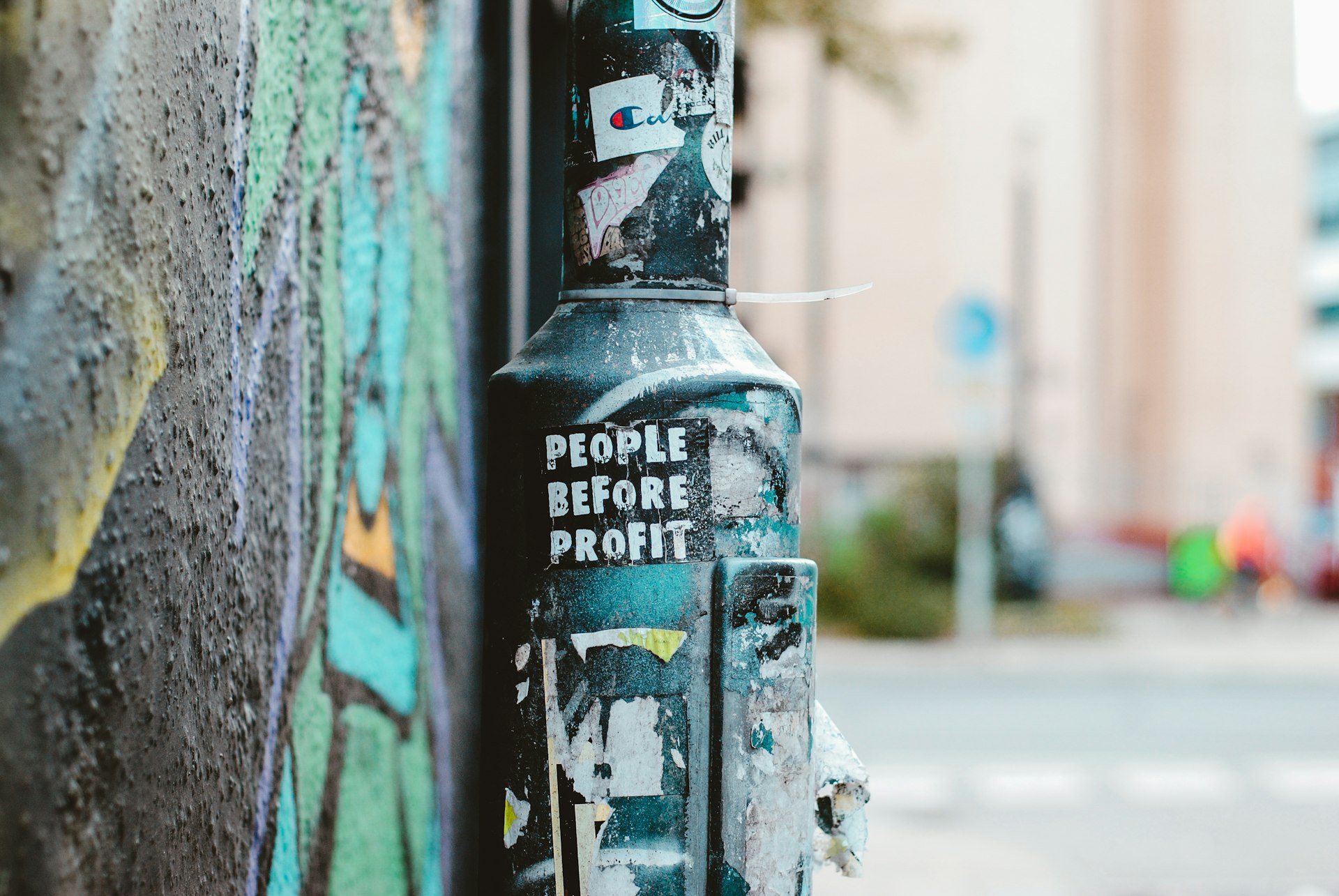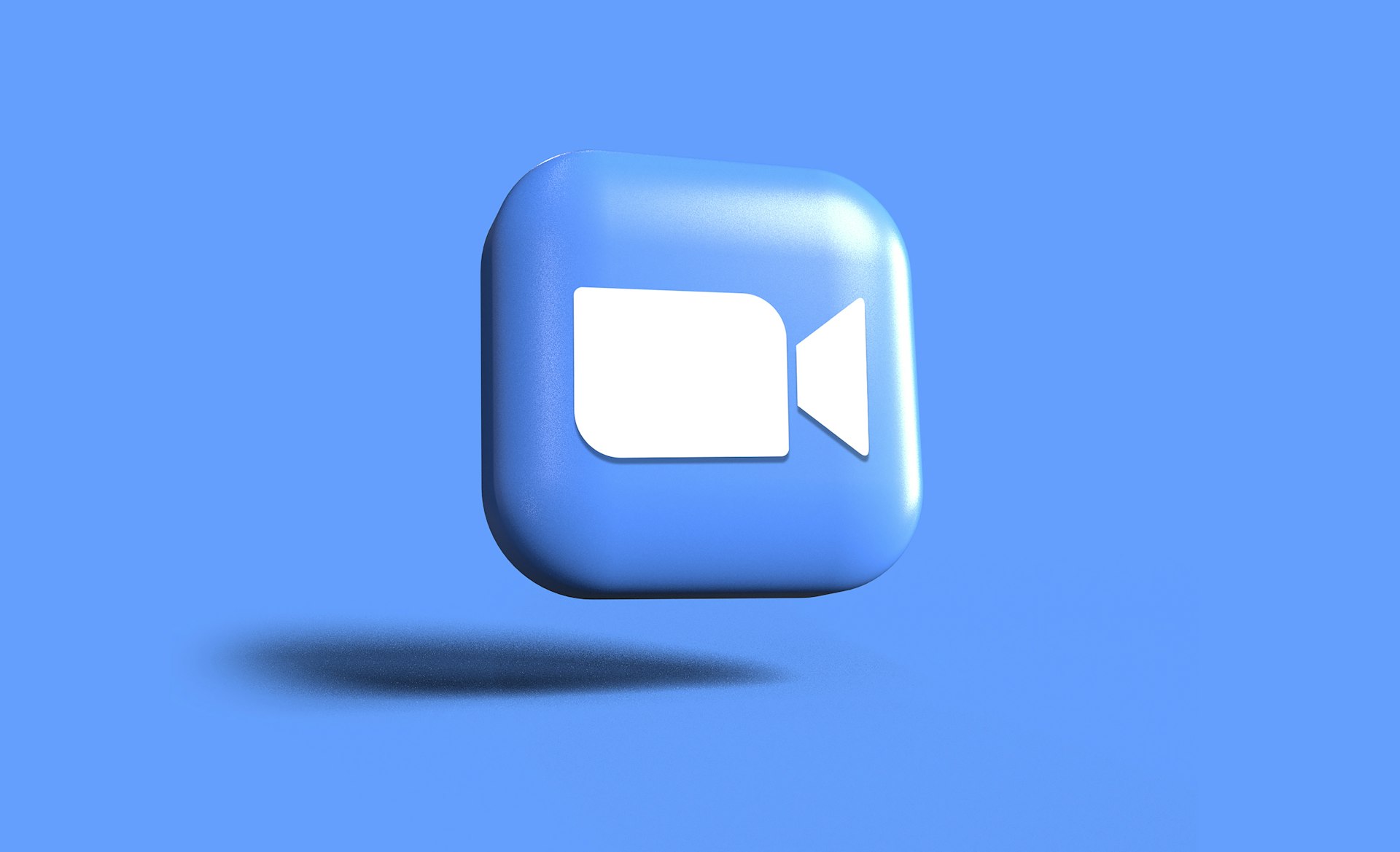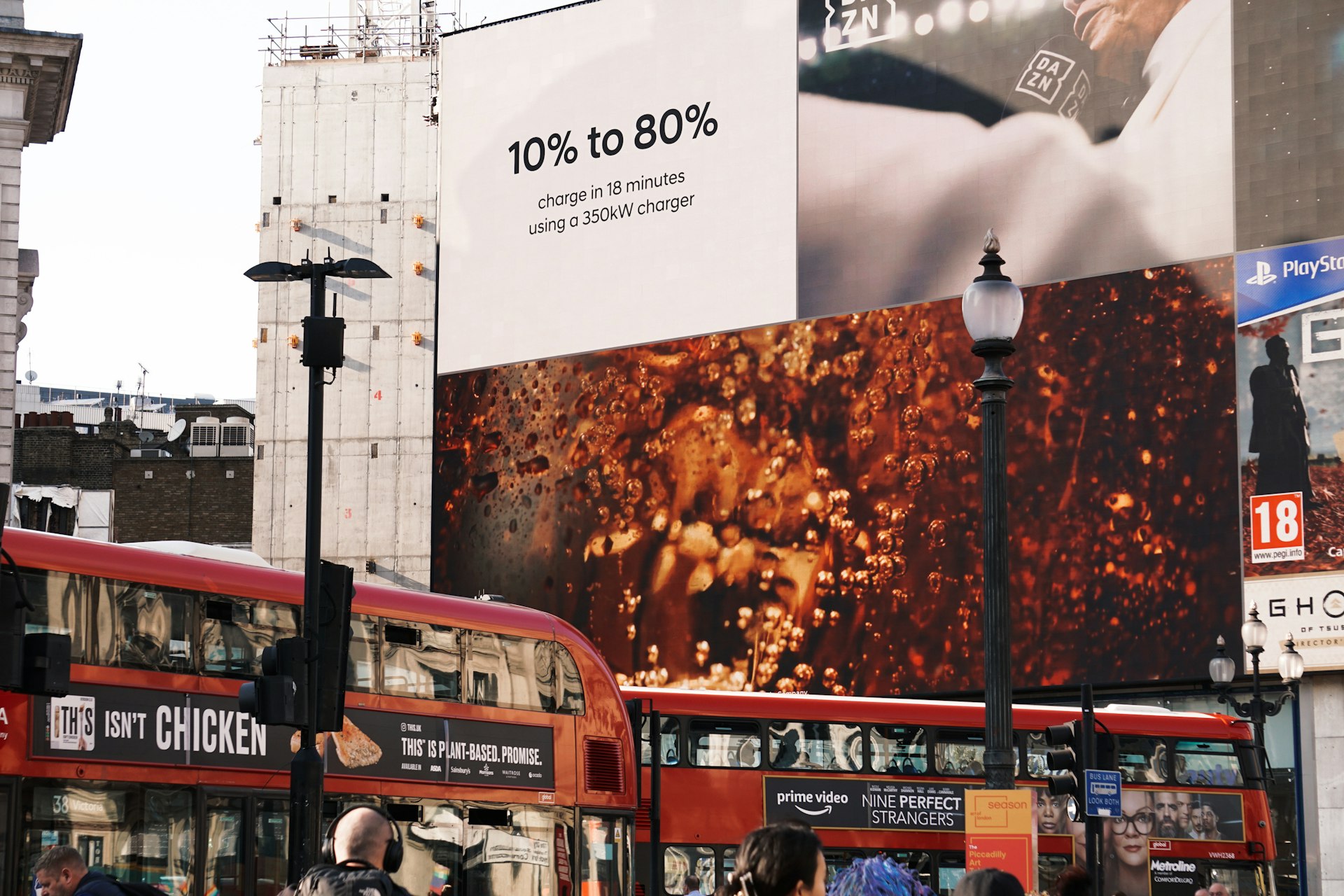Unlocking Growth with Branded Entertainment: A Strategic Approach for Modern Marketers

Photo by Warre Van de Wouwer on Unsplash
Introduction: Branded Entertainment in Modern Marketing
As consumers increasingly tune out traditional ads, brands are turning to branded entertainment as a dynamic marketing strategy. Instead of interrupting audiences, branded entertainment offers captivating content that naturally integrates brand messaging with entertainment value. This approach leverages storytelling, immersive experiences, and cultural relevance to build deeper connections and drive brand growth [5] .
What Is Branded Entertainment?
Branded entertainment refers to content-such as films, series, podcasts, live events, and digital experiences-created or sponsored by brands, with the dual aim of entertaining audiences and reinforcing brand identity. Unlike conventional ads, branded entertainment prioritizes audience enjoyment and engagement, fostering genuine brand affinity through memorable experiences [1] .
Key Benefits of Branded Entertainment
Brands adopting entertainment-led strategies can realize a range of benefits:
- Enhanced Brand Awareness: By embedding brand messages within popular culture, companies reach wider audiences who may otherwise ignore traditional ads [2] .
- Deeper Audience Engagement: Quality entertainment encourages viewers to spend more time with branded content, driving emotional connections and repeat interactions [3] .
- Increased Shareability: Entertaining content is more likely to be shared organically, amplifying reach beyond paid channels [5] .
- Brand Differentiation: Unique storytelling sets brands apart in a crowded market, positioning them as innovators and cultural leaders [4] .
Successful Examples of Branded Entertainment
Several global brands have mastered branded entertainment, demonstrating its transformative impact:
Nike: Nike’s campaigns, including inspiring commercials and interactive platforms like the Nike Run Club app, use storytelling to connect emotionally with consumers and promote healthy lifestyles [1] . By featuring real athletes and authentic experiences, Nike’s entertainment-driven content supports brand values and encourages user participation.
The Lego Movie: The Lego Movie is a benchmark for branded entertainment, seamlessly weaving the Lego brand into a compelling narrative that appeals to multiple generations. Its global success led to sequels and spin-offs, proving that entertaining feature films can drive both box office revenue and brand engagement [1] .
Red Bull: Red Bull’s extreme sports content, such as Felix Baumgartner’s record-breaking space jump, positions the brand as adventurous and bold. By producing documentaries and events, Red Bull has evolved into a media powerhouse, engaging millions through entertainment-first strategies [5] .
McDonald’s: The “Summer Scoop” show, produced in partnership with Box TV, aligned McDonald’s with music and pop culture, creating positive associations for the McFlurry product among young audiences. By integrating brand messaging with entertainment, McDonald’s built emotional resonance and drove summer sales [2] .
GoPro: GoPro’s strategy centers on user-generated content, encouraging customers to share their adventures. This approach not only generates authentic videos but also cultivates a passionate community that promotes the brand organically [2] .
IKEA: IKEA’s docu-style shorts highlight everyday lives and practical product use, showcased across stores and social media. These stories humanize the brand and illustrate real-world value, driving engagement and sales [5] .
Lenovo: “Late Night I.T.” is a branded series featuring industry conversations that established Lenovo as a credible voice in technology, leading to broadcast deals and enhanced reputation [5] .
How to Develop a Branded Entertainment Strategy
Implementing branded entertainment requires careful planning and execution. Here are step-by-step guidelines:
- Define Objectives: Clarify your goals-whether it’s boosting awareness, driving engagement, or repositioning your brand.
- Know Your Audience: Research demographic and psychographic data to understand what entertains and inspires your target market.
- Choose the Right Format: Decide between video series, podcasts, live events, or interactive platforms based on audience preferences and resources.
- Craft Authentic Stories: Focus on narratives that resonate with your audience and naturally incorporate brand values. Avoid overt product placement; instead, let your brand support the story.
- Collaborate with Creators: Partner with filmmakers, writers, influencers, or media companies who share your vision for high-quality content.
- Leverage Distribution Channels: Publish content on platforms where your audience spends time-social media, streaming services, or in-store displays.
- Measure Results: Track engagement metrics (views, shares, comments), brand sentiment, and sales conversion to evaluate impact.
Challenges and Solutions in Branded Entertainment
While branded entertainment offers many advantages, marketers may face obstacles:
Budget Constraints: High-quality entertainment can be expensive. Solution: Start small with episodic social media content or user-generated campaigns, as seen with Brooklyn Coffee Shop’s Instagram series [3] .
Authenticity vs. Promotion: Audiences reject overly promotional content. Solution: Prioritize story and entertainment value; let branding be subtle and relevant to the narrative.
Measuring ROI: Entertainment-focused campaigns may lack direct attribution. Solution: Combine brand tracking studies, social listening, and sales analytics to assess long-term value.
Production Complexity: Coordinating creative talent and logistics can be challenging. Solution: Work with experienced agencies or production partners, and consider agile formats like docu-shorts or podcasts [5] .
Alternative Approaches to Branded Entertainment
Not every brand needs blockbuster productions. Consider these alternatives:

Photo by Casper Johansson on Unsplash
- User-Generated Content: Encourage your community to create and share their own stories, as GoPro does successfully [2] .
- Social Media Series: Develop episodic content for platforms like Instagram or TikTok-short, relatable, and shareable.
- Podcast Sponsorships: Support or co-produce podcasts that align with your brand values.
- Branded Events: Host live or virtual events that combine entertainment with product experiences.
Accessing Branded Entertainment Services
If you’re interested in launching a branded entertainment campaign, you can:
- Contact creative agencies with expertise in branded content, such as Ramotion or Content Marketing Institute. Visit their official websites and request consultations for tailored strategies.
- Search for production partners with experience in storytelling, media development, and influencer collaboration. Use search terms like “branded entertainment agency” or “content marketing production” to identify reputable firms.
- Review case studies and portfolio examples on agency websites to evaluate their creative approach and results.
- Attend marketing conferences or webinars focused on branded entertainment for networking and learning opportunities. Many industry events feature sessions on integrating entertainment with brand strategy.
- If you’re considering internal production, assemble a cross-functional team with marketing, creative, and analytics skills, and research best practices from established brands.
For businesses seeking more information on branded entertainment solutions, you may contact your local advertising industry association or explore educational resources at the Content Marketing Institute. Always verify agency credentials and review previous campaign outcomes before committing to a partnership.
Key Takeaways
Branded entertainment transforms marketing by merging storytelling and commerce. This strategy allows brands to engage audiences, build loyalty, and differentiate themselves in a saturated digital landscape. Whether you pursue large-scale productions or grassroots social campaigns, focus on authentic stories, audience relevance, and measurable results. For further guidance, consult reputable agencies or industry organizations specializing in branded entertainment.
References
[1] Ramotion (2024). Branded Entertainment: Advantages, Types & Strategy. [2] WiziShop (2024). 11 Successful Branded Content Examples in Marketing. [3] NoGood (2024). The Rise of Branded Entertainment & Storytelling. [4] Content Marketing Institute (2024). Branded Content Examples, Ideas and Tips. [5] LBBOnline (2024). Branded Entertainment Is Shaping the Future of Advertising.
MORE FROM eboxgo.com
